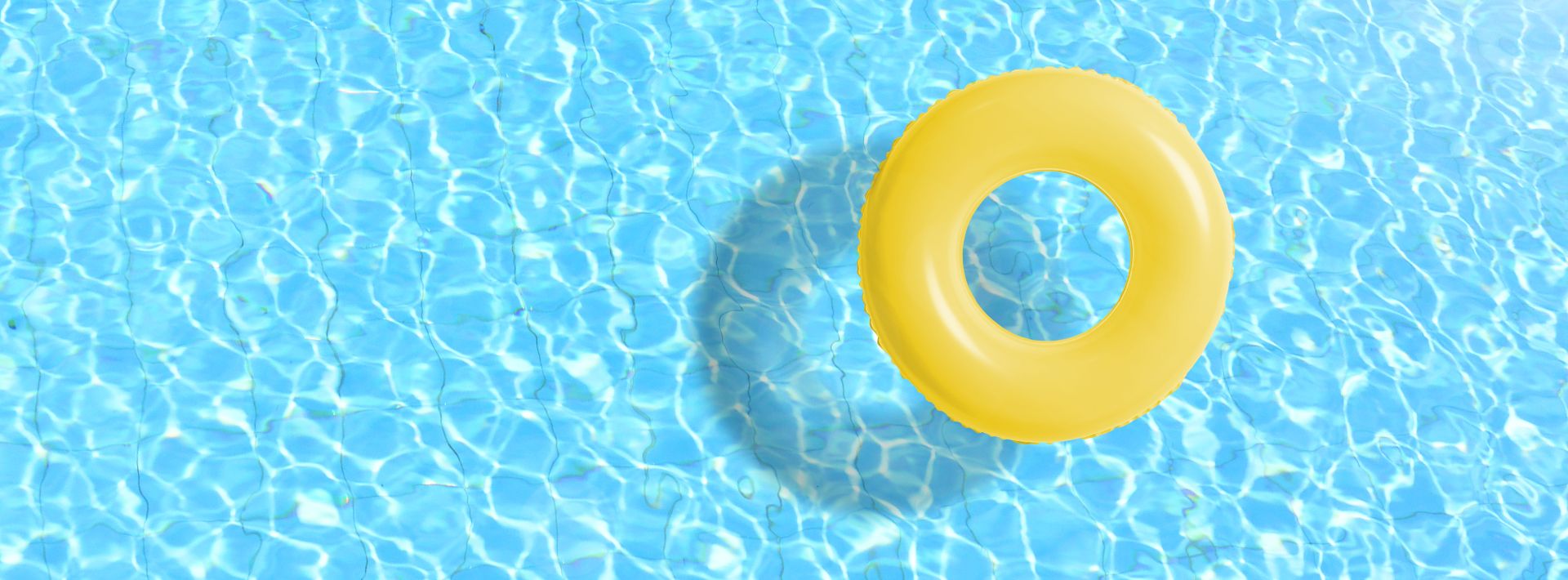

Remember to always exercise caution when at the pool to ensure everyone has a great time:

Gas bottles should never be stored indoors – it’s best to store them outdoors in a well-ventilated space.
If you store your barbecue or patio heater indoors when not in use, you should always detach the gas bottle first and store it separately outdoors.
Gas bottles should always be stored upright and away from any ignition sources.

Turn off the water to a faulty fixture by using the shutoff valves located under or behind the unit.
If you notice a leak in the bath or shower, turn off the water at the fixture and arrange for a repair service. Do not use the shower or bath until it has been fixed.
If there is a leak in the water heater, use the shutoff valve on top of the heater to turn off the water and arrange to drain the water heater.